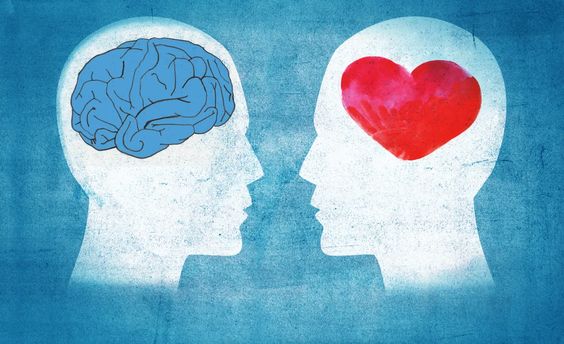Introduction
Emotional intelligence (EQ) is the ability to understand and manage your own emotions, as well as the emotions of others. It's a critical skill for success in all areas of life, from personal relationships to professional endeavors. People with high EQ are typically more self-aware, empathetic, and resilient, enabling them to navigate challenges, build strong relationships, and achieve their goals effectively.

Developing emotional intelligence is an ongoing journey that requires self-reflection, practice, and a willingness to grow. While it might seem daunting at first, even small steps towards understanding and managing your emotions can have a significant positive impact on your life.
Understanding Emotional Intelligence
Before embarking on the journey of developing your EQ, it's essential to understand its core components. Emotional intelligence encompasses four key areas:
-
Self-Awareness: This involves recognizing your own emotions and how they influence your thoughts and behaviors. It's about being honest with yourself about your strengths and weaknesses and understanding how your emotions impact those around you.
-
Self-Management: This focuses on effectively regulating your emotions. It involves controlling impulsive feelings and behaviors, managing stress healthily, and adapting to changing circumstances with flexibility.
-
Social Awareness: This involves understanding the emotions of others by developing empathy and compassion. It's about actively listening, observing nonverbal cues, and considering perspectives different from your own.
-
Relationship Management: This builds upon social awareness and involves using your understanding of emotions to build and maintain healthy relationships. It includes communicating effectively, inspiring and influencing others, and managing conflict constructively.





